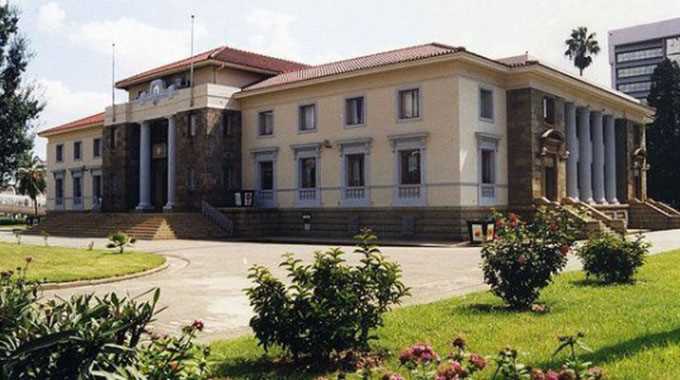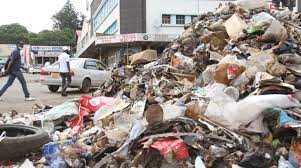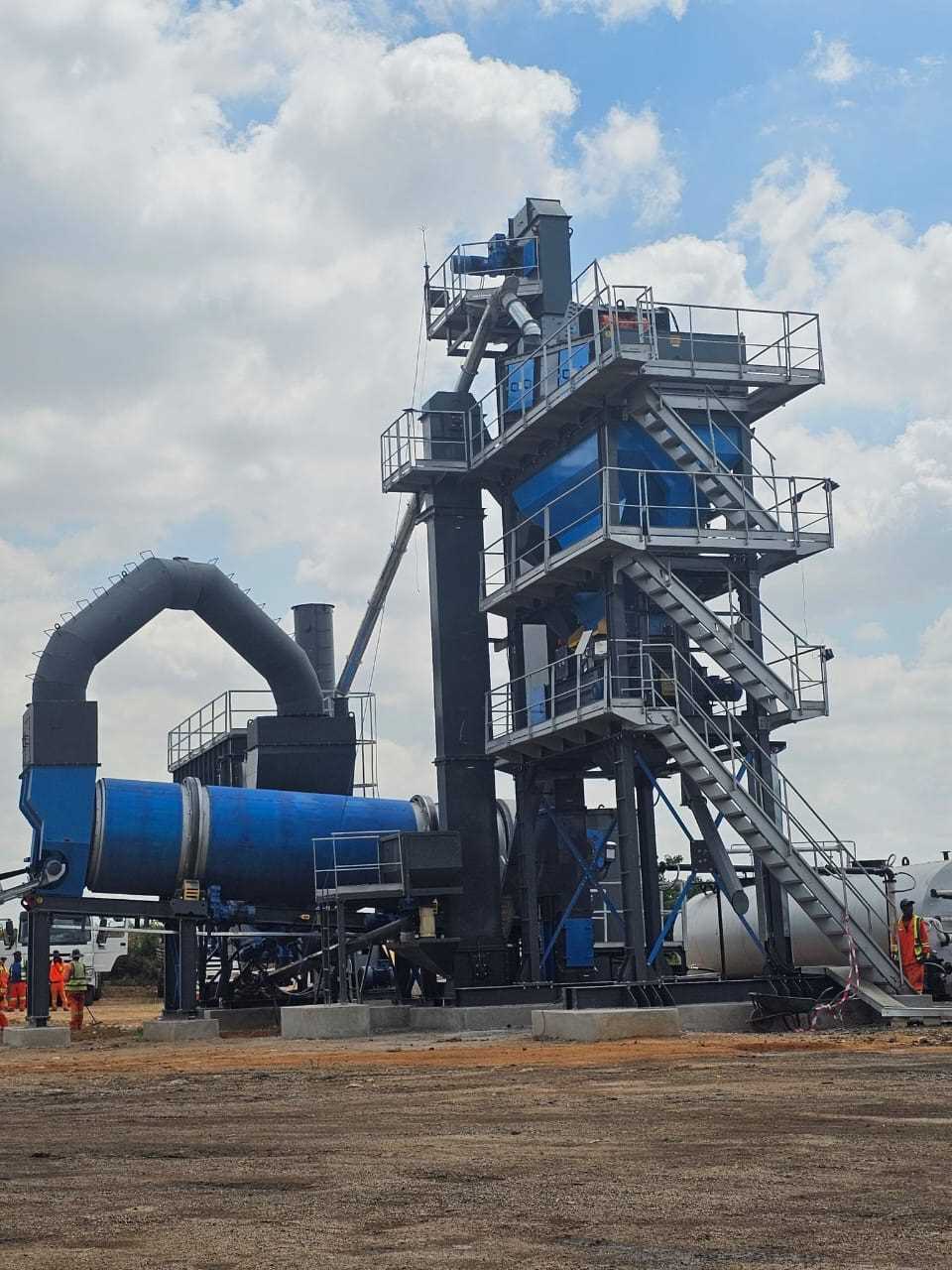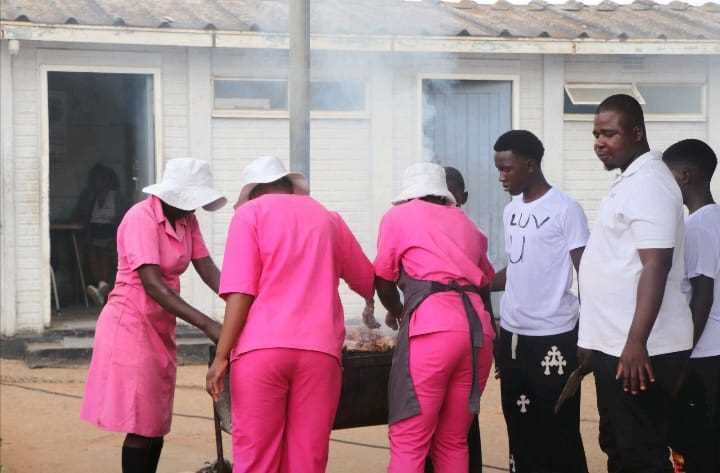
Nyashadzashe Ndoro
The Ministry of Local Government and Public Works has rejected the budget proposal submitted by Harare City Council, citing a number of irregularities and shortcomings.
The rejection comes as a blow to the city, which has been struggling to deliver basic services to residents.
One of the key reasons for the rejection is the council’s lack of a functional Enterprise Resource Planning system. This has resulted in low revenue collection, as the council is unable to effectively track finances and bill residents. The Ministry pointed out that the council has ignored recommendations from Parliament and the Auditor-General to reinstate a previous ERP system.
“Harare City Council does not have functional computer based organisational systems (ERP Enterprise Resource Planning) and this has contributed greatly to low revenue collection. The Parliament of Zimbabwe and Auditor General recommendations to re-instate the previous ERP have not been complied with. Council has continuously failed to procure an ERP for the past five years.
“This has contributed to low revenue collection and consequently poor service delivery. There is no provision in the 2024 budget to address this situation. The 2024 Budget is therefore not an accurate reflection of the revenue generation capacity of the Council,” the Ministry noted.
It was also established that the council is significantly behind on its audits. Financial statements for the past three years have received disclaimers from auditors, indicating a lack of transparency and accountability. The proposed budget fails to address this critical issue.
Related Stories
Harare City Council is also burdened by a massive amount of unpaid debts extending over three years. This significantly impacts cash flow and hinders the council's ability to deliver essential services.

The Ministry also raised concerns about the management of estate funds. These funds, generated from the sale of land, are supposed to be used for capital projects, not operational costs. However, the council has been misusing these funds in violation of the law.
Another area of concern is the council's business ventures. These joint ventures with private companies are plagued by poor corporate governance.
The Ministry found evidence of revenue not being remitted to the council, missing audited accounts, unclear profit-sharing structures, and a lack of oversight by the council. These issues have resulted in lost income and hampered service delivery.
The counci’s staffing levels were also flagged as excessive. The high employee-to-resident ratio means that a significant portion of the council's budget is allocated to salaries, leaving less money for service provision. The rejected budget did not propose any measures to address this issue.
Ministry highlighted the city’s ongoing problems with water, sanitation, and waste removal. Authorities noted that these issues are so severe that a state of emergency was declared in 2023. The council’s proposed budget fails to offer any solutions to these critical and recurring problems.
The Ministry of Local Government and Public Works has urged Harare City Council to address these shortcomings before resubmitting its budget.



















Leave Comments